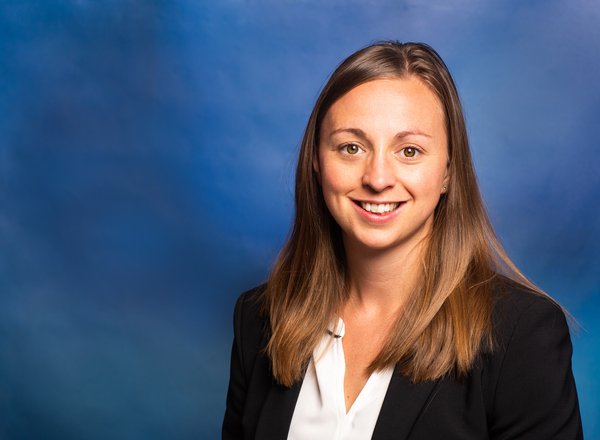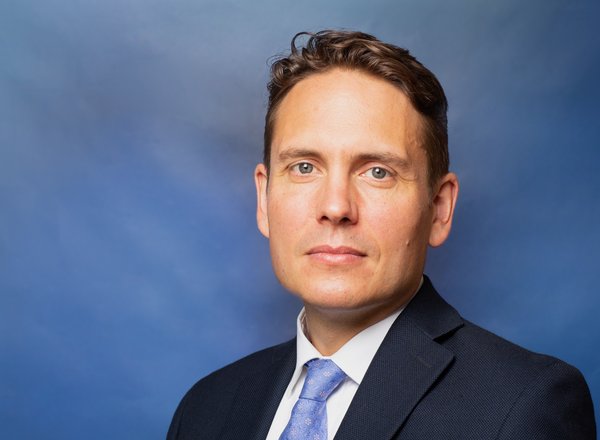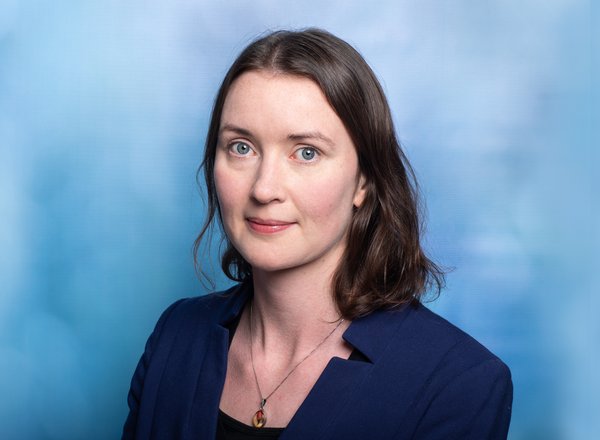The Court of Appeal has given judgment in an appeal which raises important issues regarding the right of children and young people under the age of 18 to consent to medical treatment.
At the heart of this appeal lay the question of who should decide whether a child or young person under the age of 18 is able to provide informed consent to medical treatment, and in particular, puberty blockers.
The Tavistock and Portman NHS Foundation Trust (the “Tavistock”) has operated a Gender Identity and Development Services (“GIDS”) since 1989, which provides medical treatment for children and young people experiencing gender dysphoria. Prior to this litigation, provided that clinicians assessed a child or young person to be “Gillick competent”[1], meaning that they had sufficient understanding about a proposed treatment, the consent of the child or young person and their parents allowed the clinician to prescribe puberty blockers.
This practice was challenged before the Divisional Court which handed down judgment in December 2020. The Divisional Court did not find anything unlawful in the Tavistock’s practice, but gave a declaration specifying what informed consent would require in relation to puberty blockers and including guidance as to what a child under 16 would need to understand about this treatment to provide informed consent.
This led the Divisional Court to consider that: “it is highly unlikely that a child aged 13 or under would ever be Gillick competent to give consent to being treated with [puberty blockers]. In respect of children aged 14 or 15 we are also very doubtful that a child of this age could understand the long-term risks and consequences of treatment in such a way as to have sufficient understanding to give consent” (§145). The practical consequence of this decision, as the Divisional Court recognised at §149, was that clinicians would need to consider an application to a court so that a judge could consider whether treatment with puberty blockers was in the child’s best interests.
The Court of Appeal set aside the Divisional Court’s declaration. In doing so, the Court has re-affirmed the principle established in the House of Lords’ decision in Gillick “that it was for doctors and not judges to decide on the capacity of a person under 16 to consent to medical treatment” (§76).
The Court endorsed Lord Scarman’s famous statement regarding the capacity of children to make decisions relating to treatment: “I would hold that as a matter of law the parental right to determine whether or not their minor child below the age of 16 will have medical treatment terminates if and when the child achieves a sufficient understanding and intelligence to enable him or her to understand fully what is proposed. It will be a question of fact whether a child seeking advice has sufficient understanding of what is involved to give consent valid in law.” (p. 188H to 189A) Commenting on this passage at §81, the Court of Appeal concluded that the statement of “law is found in the first sentence but the second recognises that the question whether valid consent is given in any case is a question of fact. That depends upon the individual circumstances of any child and the surrounding circumstances of the clinical issues”.
The Court also held that it was inappropriate for the Divisional Court to provide guidance in the terms it had done, concluding that: “the effect of the guidance was to require applications to the court in circumstances where the Divisional Court itself had recognised that there was no legal obligation to do so. It placed patients, parents and clinicians in a very difficult position. In practice the guidance would have the effect of denying treatment in many circumstances for want of resources to make such an application coupled with inevitable delay through court involvement” (§86).
Whilst holding that it is for doctors to judge whether a child is capable to consent to the prescription of puberty blockers and cross-sex hormones, the Court recognised at §92 that the question raises “deep issues”. The Court noted that: “Clinicians will inevitably take great care before recommending treatment to a child and be astute to ensure that the consent obtained from both child and parents is properly informed by the advantages and disadvantages of the proposed course of treatment and in the light of evolving research and understanding of the implications and long-term consequences of such treatment. Great care is needed to ensure that the necessary consents are properly obtained.”
Jason Pobjoy and Emmeline Plews were instructed by the Good Law Project to act for the Fourth, Fifth and Sixth Interveners, Brook, Gendered Intelligence and the Endocrine Society.
Tristan Jones and Rachel Jones were instructed by Kingsley Napley to act for the Seventh Intervener, Dr David Bell, a former Governor of the Tavistock who investigated concerns raised by GIDS practitioners relating to children’s ability to consent to puberty blockers.
[1] Named after the House of Lords’ decision in Gillick v. West Norfolk and Wisbech Health Authority [1986] AC 112 (“Gillick”).
















